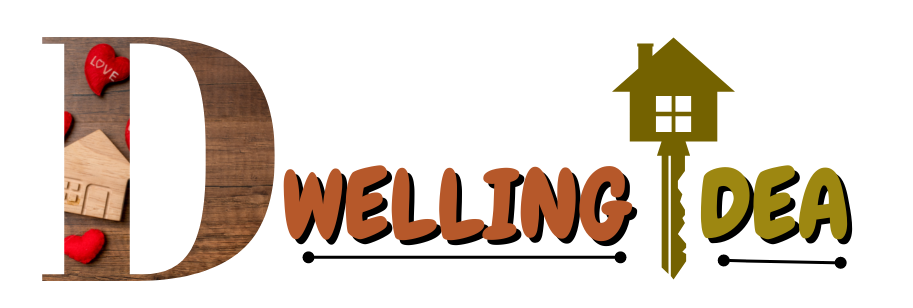1. Toilet Clogs
We’ve all been there. Pipes can become clogged when there is too much toilet paper or biological matter, especially in older systems. Sometimes, however, the problem is not in the toilet bowl. It could be further down in pipes or the sewer line. Sometimes, clogged toilets can be a sign of a larger problem such as clogged pipes and blocked sewer lines.
Matter can block a pipe or sewer line if it is clogged. This blockage stops the pipe or sewer from carrying waste into the sewer system. What is the result? The result? A sewer line backup that causes sewage backup to your drains. Unsolved toilet clogs could be a sign that you have a problem.
Benjamin Franklin is the best person to contact if you notice toilet clogs more often or can’t find the source of the problem. If there is a sewer backup, we can usually find the problem and fix it before it happens.
2. Kitchen Sink Clogs
Overworked kitchen sinks and garbage disposals are two of the most common plumbing issues. These are the most common causes of kitchen sink clogging.
- Do not pour cooking oil, grease or fat down the toilet
- Put poultry skins (turkey, bird) down the toilet
- Starchy starchy grains and starchy peels (potatoes, rice) are being thrown down the toilet
- Stringy vegetables (celery, citrus fruits), down the drain
- Throw away fibrous material (coffee grinds and corn husks) in the trash
- Small flatware and cooking tools can accidentally get thrown down the toilet.
These tips will help you avoid using liquid drain cleaners, which can be harmful to your disposal lines and often are acidic.
- When you use your disposal, make sure there is enough water.
- The best way to clear a blockage is to first unclog it with a drain cleaner.
- Boiling water should be poured down the kitchen drain at least twice per month. This will help reduce food waste.
- Hot water and baking soda can help to boost your drain-clearing efforts.
- Don’t let clogs sit for days. You will end up with food waste that rots and smells.
3. Shower Drain Clogs
Shower drain clogs are a common problem. Too much soap buildup can be found in shower and bath drains. However, you should also check the sink and laundry drains. Slowly, soap buildup occurs as the soap goes down the drain. Although it happens slowly, water can build up quickly as the drain pipe’s diameter is reduced by the buildup. Many bath products, such as salts or gels for the shower, are not water-soluble.
Another common culprit is hair. Hair. Long hair can build up when you shower or groom directly above a sink. Drain plugs can be used to reduce hair clogging in drains.
Stop Clogs from Getting in Your Way
What do you do if a clog won’t go away even with a plunger or a plunger? For clogs that are difficult to unstick, Benjamin Franklin is the best choice.
Liquid drain cleaner, which can be either strong or acidic, can cause damage to your pipes. PVC and metal pipes are particularly affected by drain cleaner. Do not make a minor problem such as a blocked drain into a major drainage system replacement.
Ben Franklin provides emergency drain clog clearing as well as preventative maintenance such as hydro jetting. This high-pressure steam cleaning method forces clogs out permanently. A plumbing Protection Plan will give you peace of mind. These plans include an annual inspection to ensure that the bathroom, kitchen, and sink drains are clear and unclogged.
This post was written by Joey Denick. Joey is the Owner and Operator of http://clogkingsllc.com/. At Clog Kings, LLC, we pride ourselves on our dedication and efficiency. We know you don’t have time to waste. That’s why we work fast to get your home or commercial building back up and running in no time. If you are looking for plumbers in St.Petersburg FL then look no further because we got you covered!

